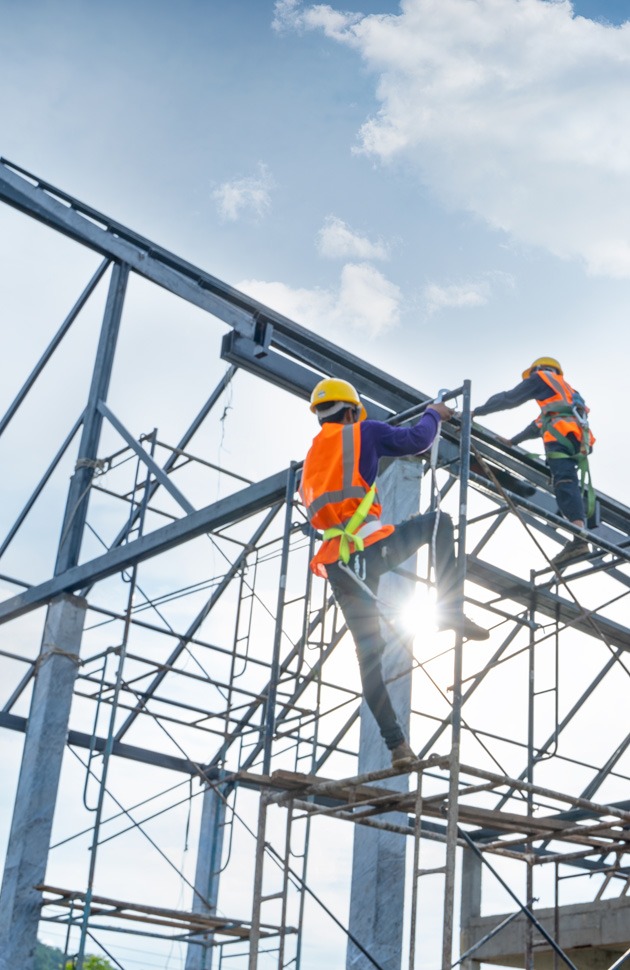Solution of the industrial production facility as a whole
Mechanical and process assembly includes the processes, equipment and methodologies used to construct mechanical systems and integrate process components into a cohesive whole. The field is vast and covers everything from small electronic devices to large industrial machines. The assembly process can vary significantly depending on the scale, complexity and purpose of the machinery. The solution we offer for the industrial production facility as a whole also applies to any accompanying operations and technologies.

Key machine components
Mechanical parts: gears, levers, shafts, bearings and fasteners are essential to the design of moving machine parts.
Electrical components: motors, sensors, switches and control units are essential for machines that require electrical power and automation.
Hydraulic and Pneumatic Systems: Hydraulic (liquid-based) and pneumatic (air-based) systems are often used for machines requiring force or motion.
Structural elements: frames, supports and enclosures provide the structural integrity necessary for the operation of the machinery.
Technological assembly processes
Design and prototyping: before assembly, the machinery is carefully designed, often using computer-aided design (CAD) software. Prototypes can be created to test concepts and refine designs.
Parts manufacturing: parts can be manufactured using a variety of methods including machining (cutting, drilling, milling), casting, forging and 3D printing.
Assembly line manufacturing: assembly lines are commonly used in manufacturing environments, where each workstation adds specific parts or performs specific tasks, leading to efficient assembly of complex machines.
Control system integration: in automated machines, control systems are integrated to control operations. This includes installing the software, configuring the hardware and ensuring that all components communicate effectively.
Quality control and testing: assembled machines undergo rigorous testing to ensure they meet operational, safety and quality standards. This may include stress tests, operational simulations and compliance checks.
Challenges and considerations
Scalability: the assembly process must be adaptable to different production scales, from one-off custom machines to mass-produced units.
Customisation: machinery often needs to be customised to meet specific industry or application requirements, adding complexity to the assembly process.
Maintenance and Upgrades: The assembled machinery should be designed for ease of maintenance and potential future upgrades to extend its life and adapt to evolving technology standards.
Sustainability: environmental considerations are increasingly important, including the use of eco-friendly materials, energy-efficient designs and recyclability of components.
Machine and process assembly is a dynamic field that is constantly evolving with advances in materials science, computer technology and manufacturing techniques. The aim is to produce reliable, efficient and innovative machines that meet the growing demands of different industries.

Industrial insulation and cladding
Description of the service
The supply and installation of industrial insulation is a complex process that requires careful planning, coordination and execution. It involves several steps, from selecting the right materials to final installation and inspection.
More information
Industrial coatings
Description of the service
Anti-corrosion treatment of steel structures is essential to ensure their longevity and structural integrity.
More information
Pipe fitting
Description of the service
The supply and installation of industrial piping is an integral part of the functionality of many industrial processes. Requires careful planning, precision and expertise
More information